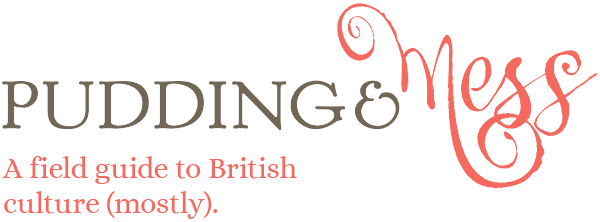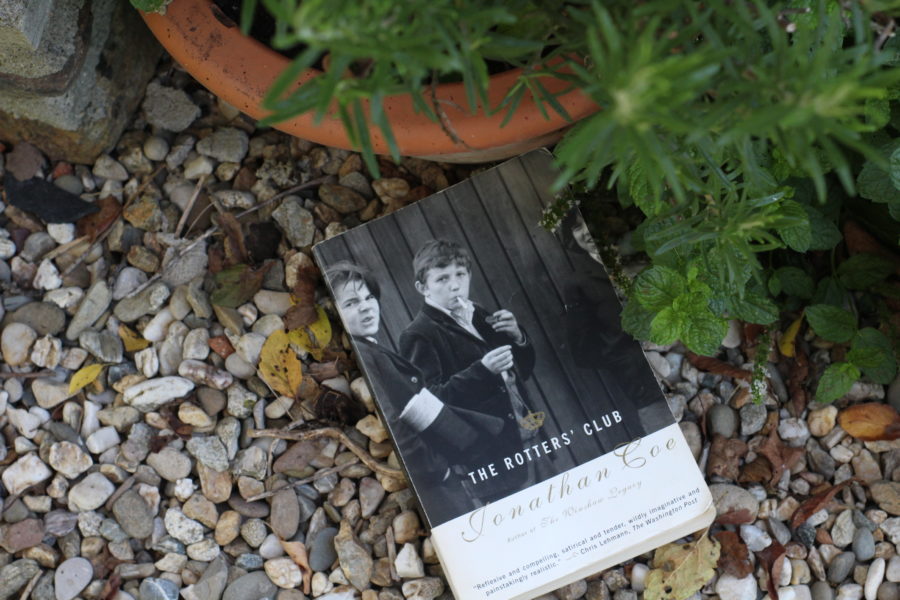By Its Cover is a series of posts wherein I read a book based solely on my love of the cover. No reading the jacket, no checking reviews!
Just look at that cover. It cracks me up every time I see it. If those boys aren’t English then I’m the Queen of Sheba! I found this book in a used bookstore drawn instantly by those rascally faces and the title that seemed so appropriate. This just had to be a novel set in England.
And indeed it is — Birmingham of the 1970’s. It is framed by opening and closing pages which take place with two characters having a conversation in Berlin in 2003, where one states that she has a story to tell going back to 1973, wherein the other person says “Was it really that different, do you think?” The response is priceless.
Completely different. Just think of it! A world without mobiles or videos or Playstations or even faxes. A world that had never heard of Princess Diana or Tony Blair, never thought for a moment of going to war over Kosovo or Iraq. There were only three television channels in those days, Patrick. Three! And the unions were so powerful that, if they wanted to , they could close one of them down for a whole night. Sometimes people had to do without electricity. Imagine!
1970’s Britain certainly is not remembered as a great decade. Along with the lurid colours used to decorate homes, the truly awful clothes and thick sideburns, there was an energy crisis, skyrocketing inflation, strikes and bombings. This is the backdrop against which this novel is set.
The title comes from a play on words. One of the main characters is called Ben Trotter, affectionately known by some as Bent Rotter which brings about the Rotters’ Club. Ben is a bit of a romantic, a wannabe musician and writer, a prefect incapable of authority and the proud owner of deep seated feelings for Cicely Boyd from the nearby girls’ school. One day, due to a really funny scene involving swimming trunks, or lack thereof, he finds God.
This is a coming of age story — Ben, Doug Philip and Claire all struggling to find their way in the world with all the tribulations, exhilaration and angst that entails. But it is also a social critique of 1970’s Britain with the teens’ parents playing out the political and social highlights of the time for us against a backdrop of the IRA bombings of two Birmingham pubs which deeply affects Ben’s sister Lois, and consequently the whole family.
It’s a sprawling novel with multiple plot lines and rapidly shifting perspectives which can make it a little difficult to follow at times. On top of this Coe uses a variety of narrative methods – diary entries, a speech by Doug, a story by Ben, school newspaper articles and, somewhat inexplicably, thirty or so of the last pages are a stream of consciousness portrayal of Ben’s thoughts. Wasn’t too crazy about that bit!
It makes for a wild and crazy tapestry of the desperate nature of teenage life rooted in the pretty desperate atmosphere of the 1970’s. It’s filled with monologues on politics, strikes and picket lines and soliloquys on progressive rock and punk. It doesn’t all work but it’s highly entertaining, poignant and satirical and it’s certainly a great book if you enjoy being immersed in British culture.

